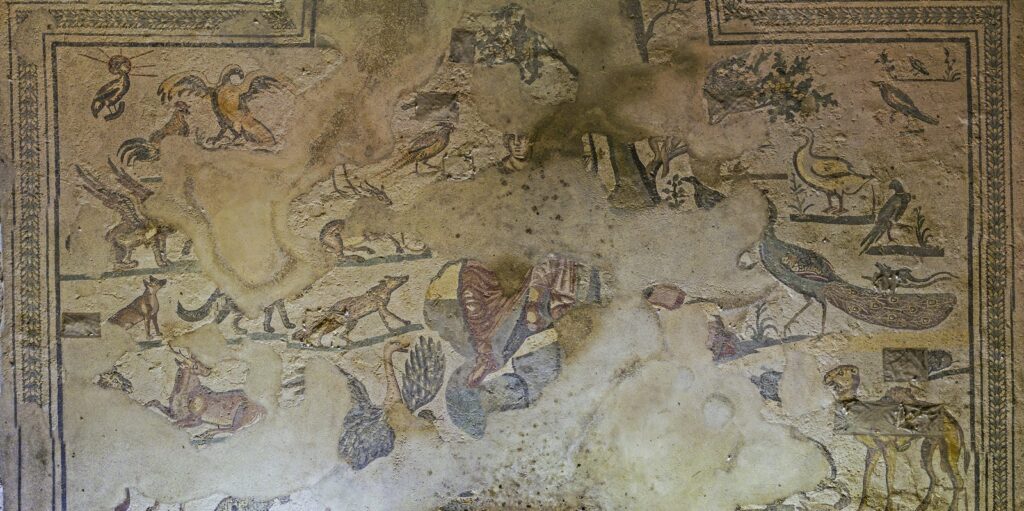“At his sweet strains the rushing stream / Its uproar stilled, and all its waves / Paused in forgetfulness of flight; … All winged creatures of the wood / And e’en the woods themselves came near / To listen; or, if far on high / Some bird was wheeling through the air, / To that sweet music swift he fell / On drooping wings. … The Dryads left / The shelter of their oaken trunks / And gathered round the tuneful bard. / The beasts came, too, and with them came / Their lairs; (…)”. Seneca, a stoic philosopher who lived in the 1st century BC, remembers the mythical singer and poet son of the Thracian King Oeagrus and his muse Calliope, in his tragedy “Hercules Oetaeus” (Hercules on Mount Oeta).
The young musician is remembered for his sweet melodies, which he played with his cithara, and could enchant animals and inanimate objects. He is also known for his passion for his beloved, the nymph Eurydice who, torn from life by a snake bite, lost her chance to reunite with Orpheus. In fact, he did not respect the conditions set by Hades, god of the underworld, in order to return her to his side. After descending into the underworld to retrieve his companion, Orpheus, now close to reaching the light of the surface, followed by Eurydice, turned around to admire her, breaking his pact with Hades and condemning the nymph to remain in the underworld for all eternity.
Seized with despair, the musician began to hate the women of Thrace, who killed him during an orgy for the god Bacchus and cut him to pieces.
It is said that his cithara still shines in the sky, transformed by Zeus, king of Olympus, into a constellation of stars.